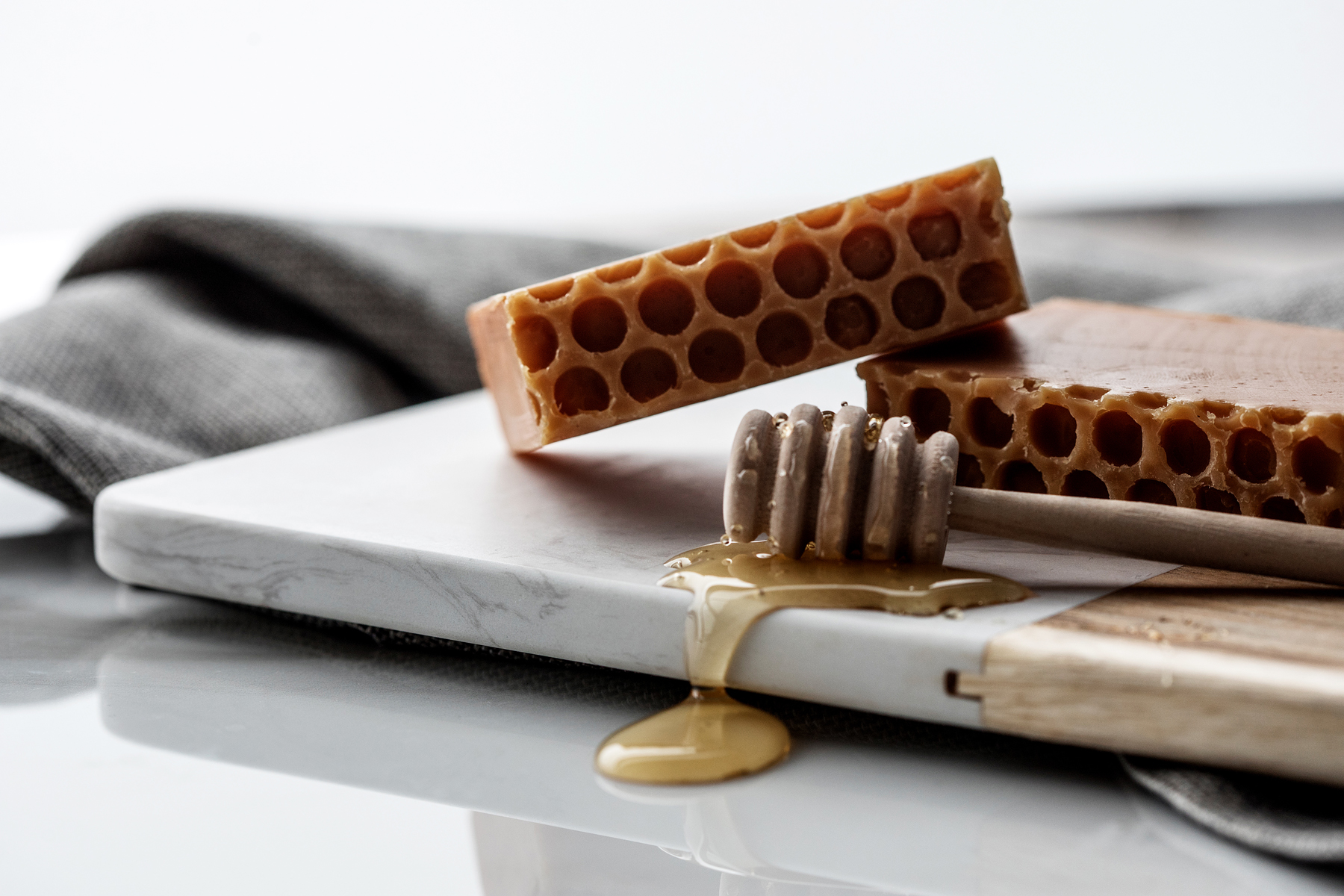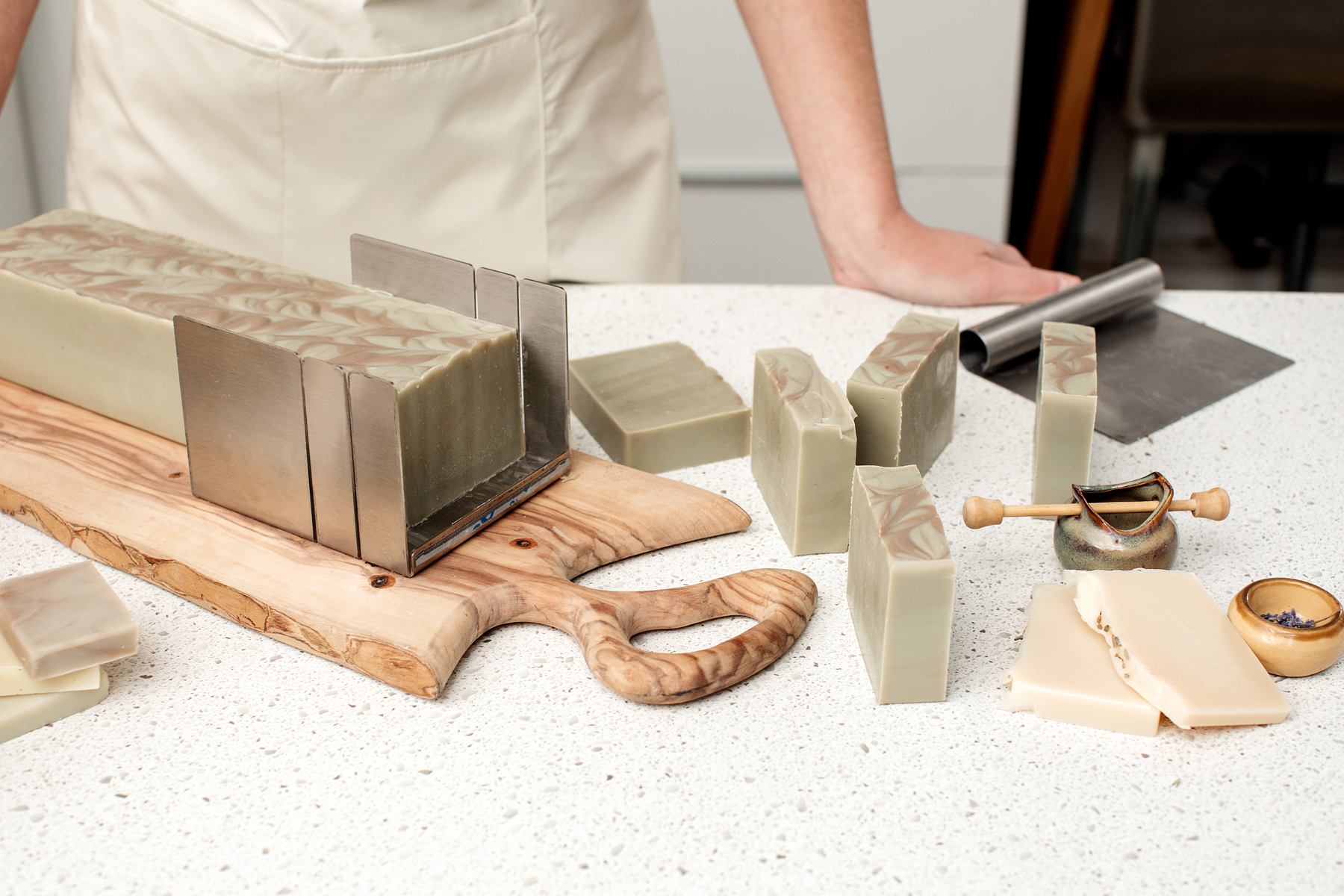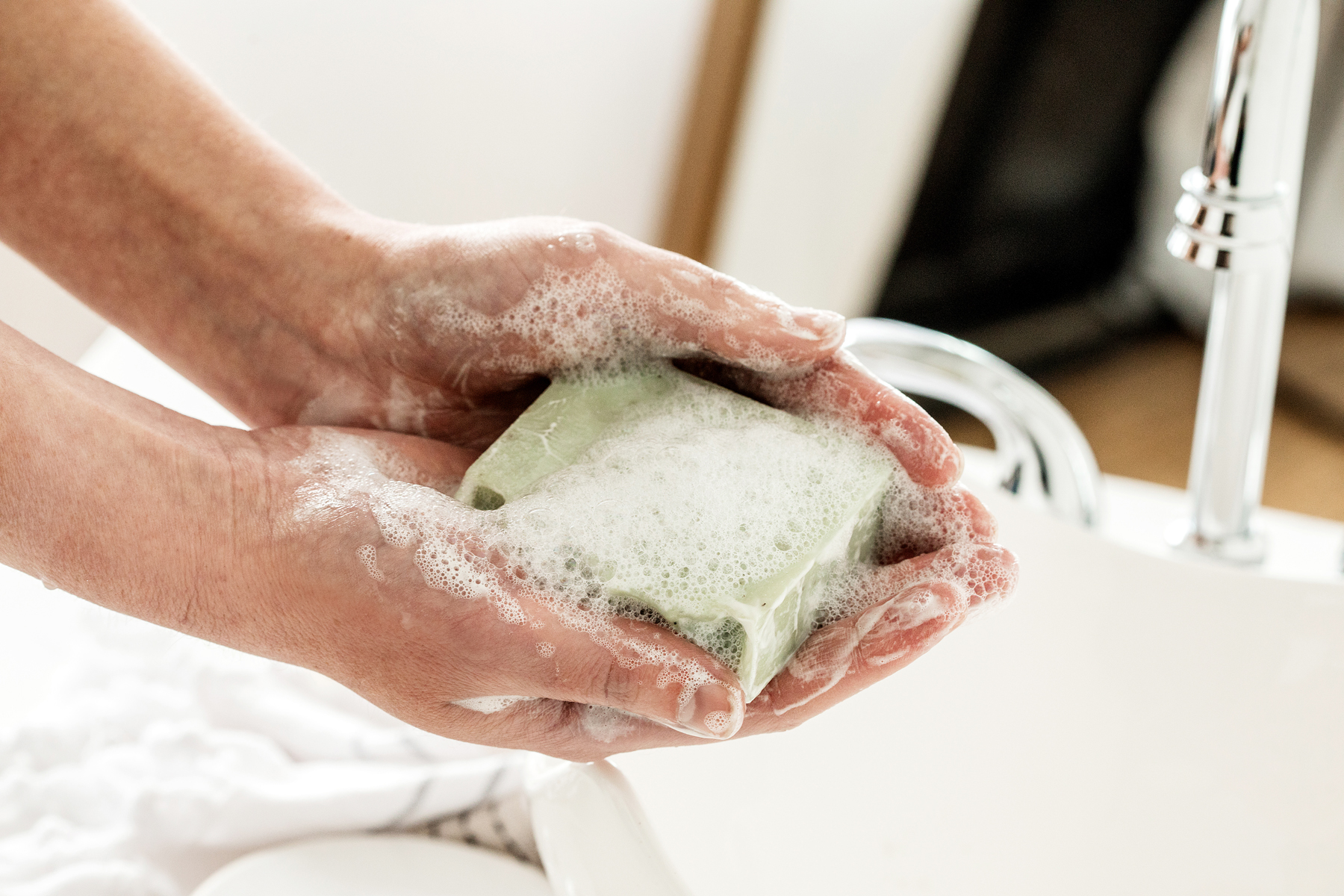
In the world of skincare, few things are as satisfying as finding perfect product that not only cleanses but also nourishes your skin. Cold process soap, a time-honoured method, offers a unique blend of natural ingredients, customization, and gentle cleaning properties. This blog will guide you through why cold process soap might just be the skincare hero you didn’t know you needed.
What is Cold Process Soap?
Cold-process soap is made through a natural process of saponification where fats or oils are mixed with a lye solution to create soap and glycerin. Unlike commercial soaps, cold-process soap is crafted under low temperatures to preserve the beneficial properties of its ingredients.
Comparative Advantage: How Cold Process Soap Differs from Other Soaps
- Melt and Pour Soaps: These are pre-made bases that can be melted, customized with colour and fragrance, and then poured into molds. While convenient, they often contain additives that may not be ideal for all skin types.
- Beauty Bars like Dove: These bars are not true soaps but rather detergents that contain moisturizing agents and synthetic ingredients, which can strip the skin of its natural oils.
What This Article Will Cover: Let's get Into It!
We will dive into the benefits of using cold-process soap, focusing on its natural ingredients, skin health benefits, environmental impact, and how it supports small-scale producers.
The Natural Essence of Cold Process Soap
All-Natural Ingredients: The Use of Oils and Butters
- Cold process soap is crafted using a variety of natural oils and butters, such as olive oil, coconut oil, and shea butter, which impart moisturizing properties to the soap and are gentler on the skin than synthetic alternatives.
No Added Preservatives: The Benefits of Avoiding Synthetic Compounds
- Unlike many commercial soaps, cold process soap doesn’t need preservatives due to its making process and natural ingredients. This means your skin isn’t exposed to unnecessary synthetic chemicals.
Essential Oils for Fragrances: How Natural Scents Play a Role
- The use of essential oils not only provides a natural fragrance but also offers therapeutic benefits. Lavender for relaxation and peppermint for invigoration are popular choices.
Customization - The ability to get customized ingredients for your specific skin type
- Choosing specific oils and additives can tailor a soap to your skin’s needs, whether it’s more moisture, acne-fighting properties, or sensitivity considerations

Gentle on Skin – The Cold Process Benefit
High pH Levels: Importance of Alkalinity in Skin Health
Cold process soap typically has a higher pH which can help protect the skin's natural barrier.
Moisturizing Properties: How Glycerin Helps in Hydration
Glycerin, a natural byproduct of the saponification process in cold process soaping, helps to attract moisture to the skin, keeping it hydrated and smooth.
Avoiding Irritants: Comparison with Commercial Soaps
By excluding harsh irritants and synthetic fragrances, cold-process soap provides a purer, more skin-friendly alternative to many store-bought options.

Environmental Impact and Sustainability
Eco-Friendly Materials: Impact of Using Natural Ingredients
Ingredients in cold process soaps are usually sourced from sustainable plant-based origins, causing less environmental impact.
Biodegradability: How Cold Process Soap Breaks Down Naturally
These soaps are biodegradable and free from synthetic additives, reducing pollution and harm to ecosystems.
Supporting Small Scale Producers: Economic Benefits of Artisanal Crafts
Buying cold process soaps helps sustainably grow local economies by supporting artisanal soap manufacturers and small businesses.

Customizable Creations for Every Skin Type
Tailoring Ingredients: Customizing Soaps for Different Skin Needs
Soaps can be formulated with ingredients like tea tree oil for acne-prone skin or oatmeal for exfoliation, depending on individual skin concerns.
Adapting Textures and Colors: Artistic and Functional Aspects
Artisans can create unique aesthetics in soaps, making them visually appealing and suited to personal tastes or decor.
Therapeutic Additions: Using Herbs and Clays for Skin Benefits
Herbs and clays can be added for specific therapeutic effects, such as clay for detoxification and calendula for calming irritation.

Long-Term Skin Health and Cold Process Soap
Sustained Benefits: How Regular Use Improves Skin Over Time
Consistent use of cold-process soap can lead to noticeable improvements in skin texture and hydration.
Testimonials and Case Studies: Real-life Transformations
Users often report less irritation, improved skin moisture, and an overall enhancement in skin health after switching to cold-process soap.
Expert Opinions: Dermatologists and Cosmetologists on Cold Process Soaps
Many skin care experts recommend cold process soap for its mildness and effective cleansing without stripping the skin.
Final Thoughts
Cold process soaps offer numerous benefits from customized care tailored to your skin type to their environmental sustainability.
Why not give cold-process soap a try? It’s a small change that could significantly enhance your skincare routine and support sustainable practices.
FAQs: Unraveling More Secrets
- Can cold process soap help with skin conditions like eczema? Yes, the gentle formulation can soothe eczema symptoms.
- How long does a bar of cold-process soap typically last? With proper storage, a bar can last several weeks to months.
- What are the best ingredients to look for in cold-process soap for sensitive skin? Ingredients like oatmeal and olive oil are ideal. As well as nourishing butters such as shea or cocoa butter.
- Is cold-process soap a more budget-friendly option in the long run? Yes, due to its durability and multifunctional uses. Also by having healthier skin, you reduce the need for additional skin care products.
- Where can I buy cold process soaps? You can shop Embody Nature All Natural Cold Processes soaps here. Alternatively, you can find cold-process soaps at your local farmers markets, health food stores or online.



